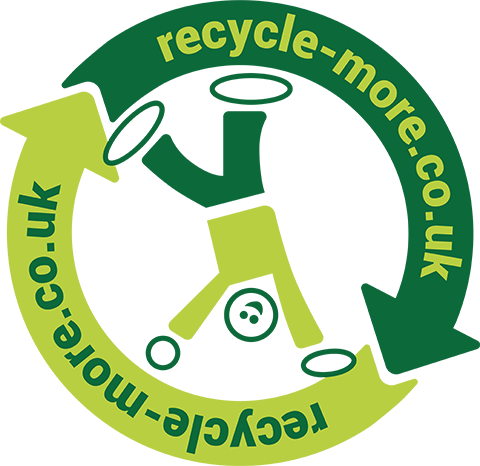
Have an Egg-cellent Easter by going Eco-Friendly!
Shauna Coates
April 4, 2023
Easter is a time of celebration and renewal, but it can also be an opportunity to consider becoming more eco-friendly. With a little effort, you can reduce your environmental impact while still enjoying the usual festivities such as Easter eggs and a roast dinner!
Small actions such as buying sustainable chocolate, making reusable decorations and meal planning to avoid food waste, can allow you to have an enjoyable Easter whilst doing your bit for the planet.
Here are 5 tips for having an eco-friendly Easter:
Choose / make sustainable Easter decorations
Instead of buying plastic decorations, that will ultimately end up in the landfill, opt for sustainably made or reusable decorations. Check out websites like Etsy that sell quality handmade decorations that can be used year after year. You can even make decorations yourself out of household materials, such as cardboard, food packaging or wood. Check out this blog for more eco-friendly decoration inspiration
Shop locally and more sustainably
When buying Easter eggs, chocolate, and items for your roast dinner, try to buy from local and sustainable sources. Look out for products that are organic, Fairtrade, or cruelty-free. Visit your local farmers market to purchase in-season food produce or fresh eggs, supporting the local economy and reducing your carbon footprint, as the food will not have to travel far to reach your plate.
Have an eco-friendly Easter egg hunt
Instead of using plastic or foil wrapped eggs, consider using real eggs or wooden eggs. Once all the eggs have been found, you could decorate them using natural dyes or paint and use them as decorations next year. You could even make your own chocolate eggs at home, cutting out all packaging waste! Check out this yummy recipe for inspiration. Or why not try hiding eco-friendly surprises, such as seeds or small plants as an alternative on your Easter egg hunt?
Reduce food waste
Easter can be a time for feasting, but it's important to remember that food waste is a significant environmental problem. Plan your meals carefully and consider the amount of people you will be cooking for, to avoid buying too much and creating lots of food waste. If you are having lots of family and friends around, make sure to decide beforehand who will bring which food items, to avoid duplication. Make sure you save any leftovers and freeze them for another time, rather than just throwing them away.
Ensure to compost any eggshells
You might find you have consumed more eggs (both real and chocolate!) than usual during Easter, so make sure that you compost any eggshells. Eggshells can be added to your home compost bin or heap, but if you don’t have one, just crush up the shells and sprinkle them on your garden and they will act as fertiliser.
By making small changes to our Easter celebrations, we can reduce our impact on the environment and help protect the planet for future generations. However you are planning to spend your Easter, make sure you have an egg-cellent time and try to be as eco-friendly as possible.
Disclaimer: The opinions expressed in this blog represent those of the author, Shauna Coates, and are not those of recycle-more, Valpak Limited or any other organisation.





